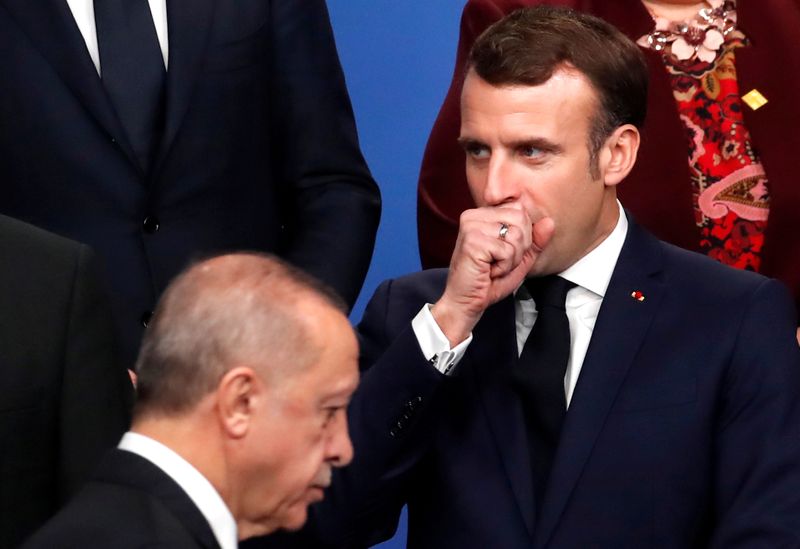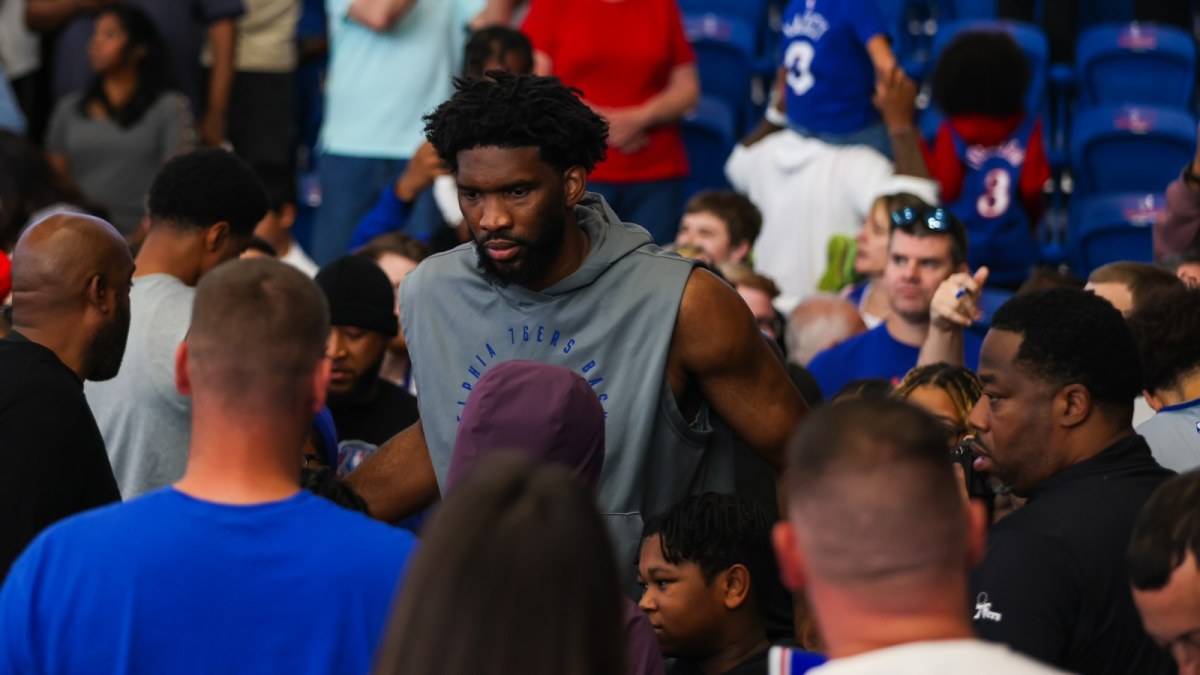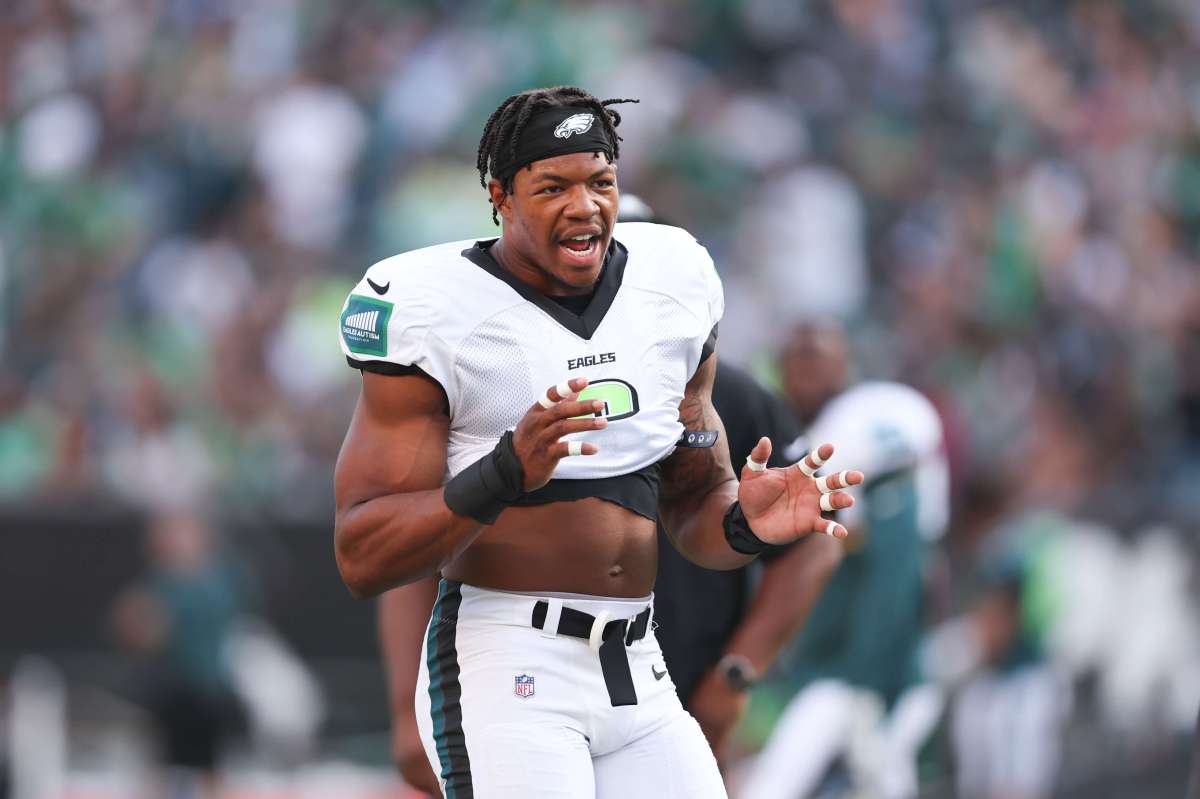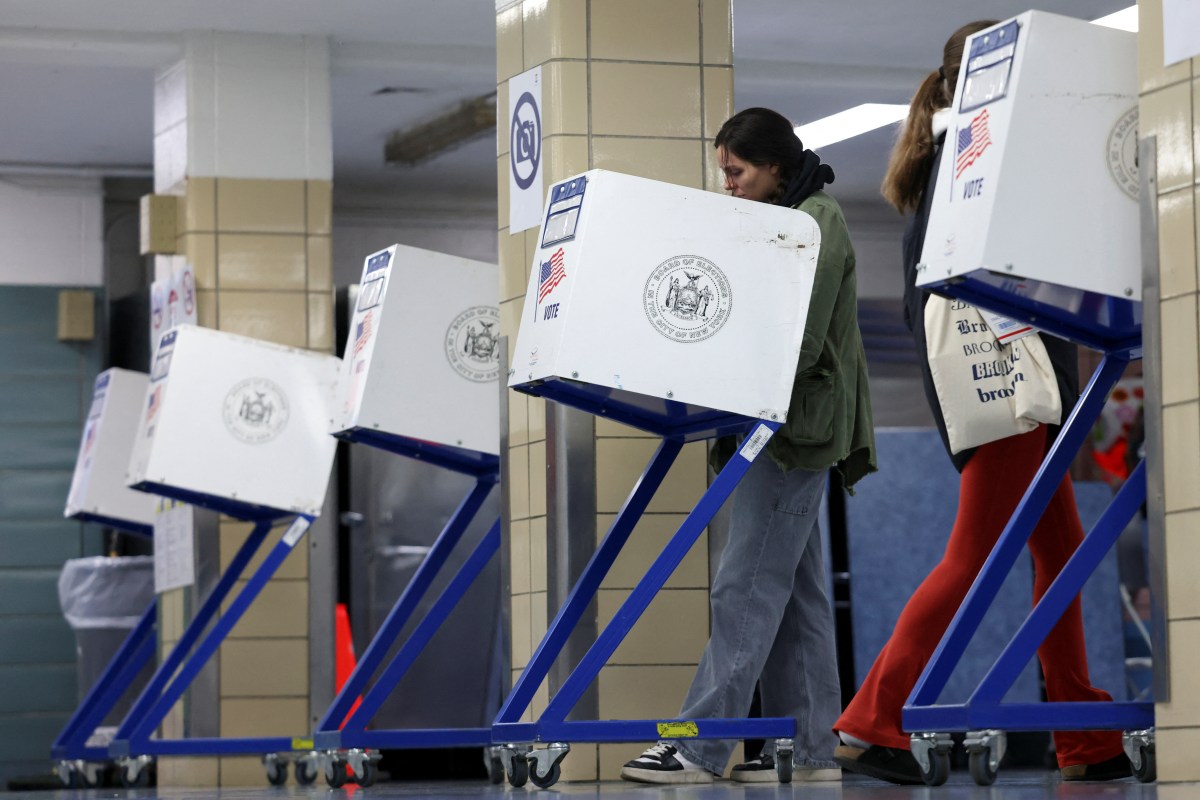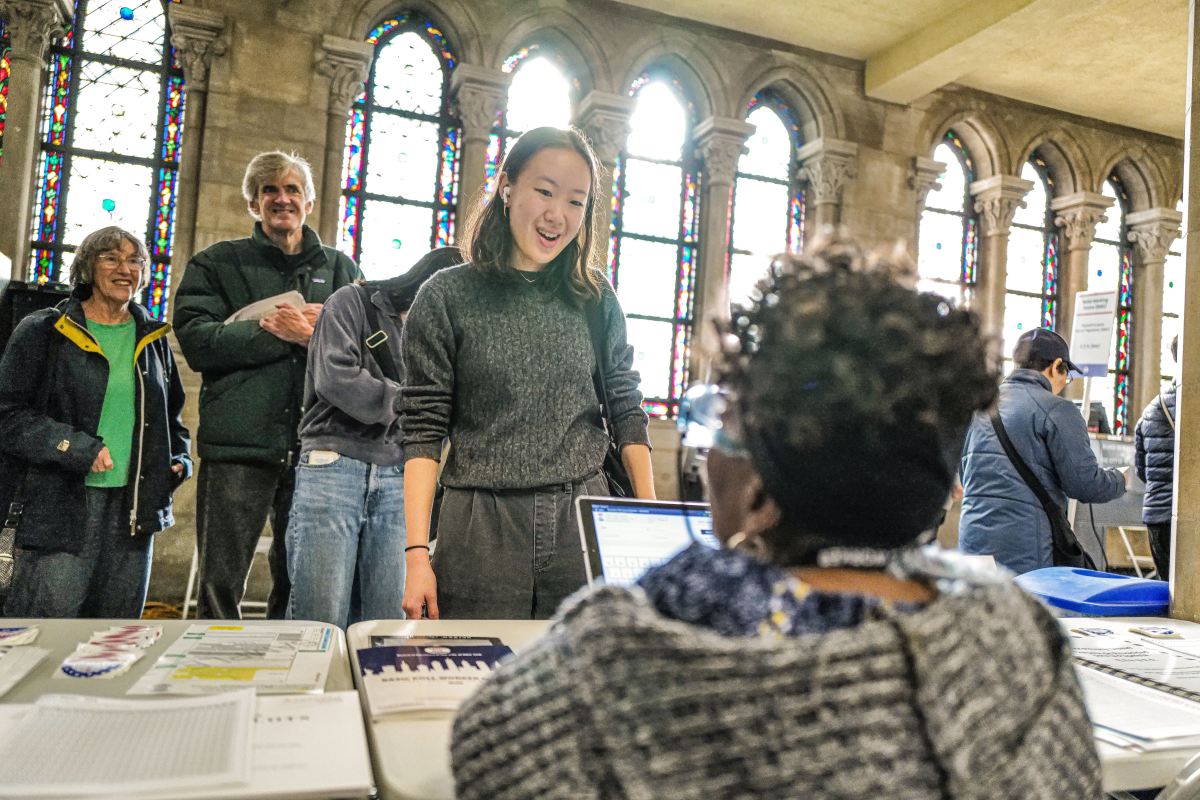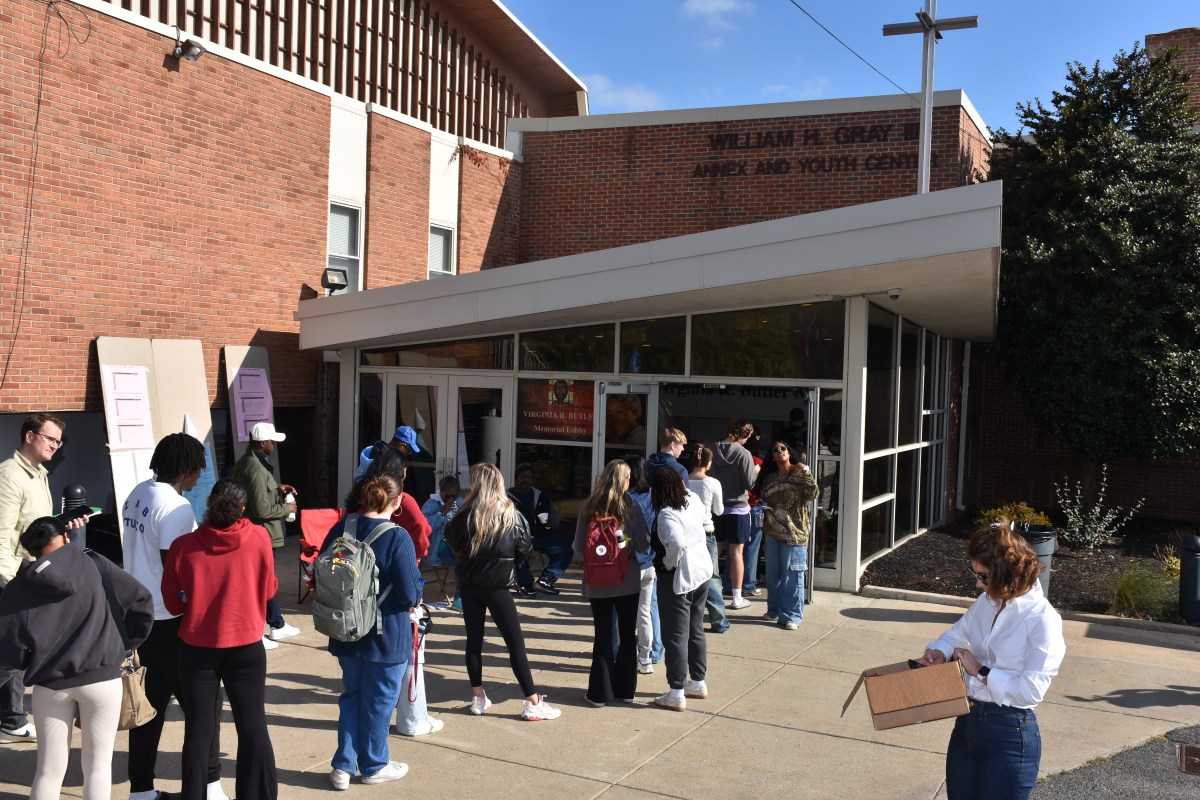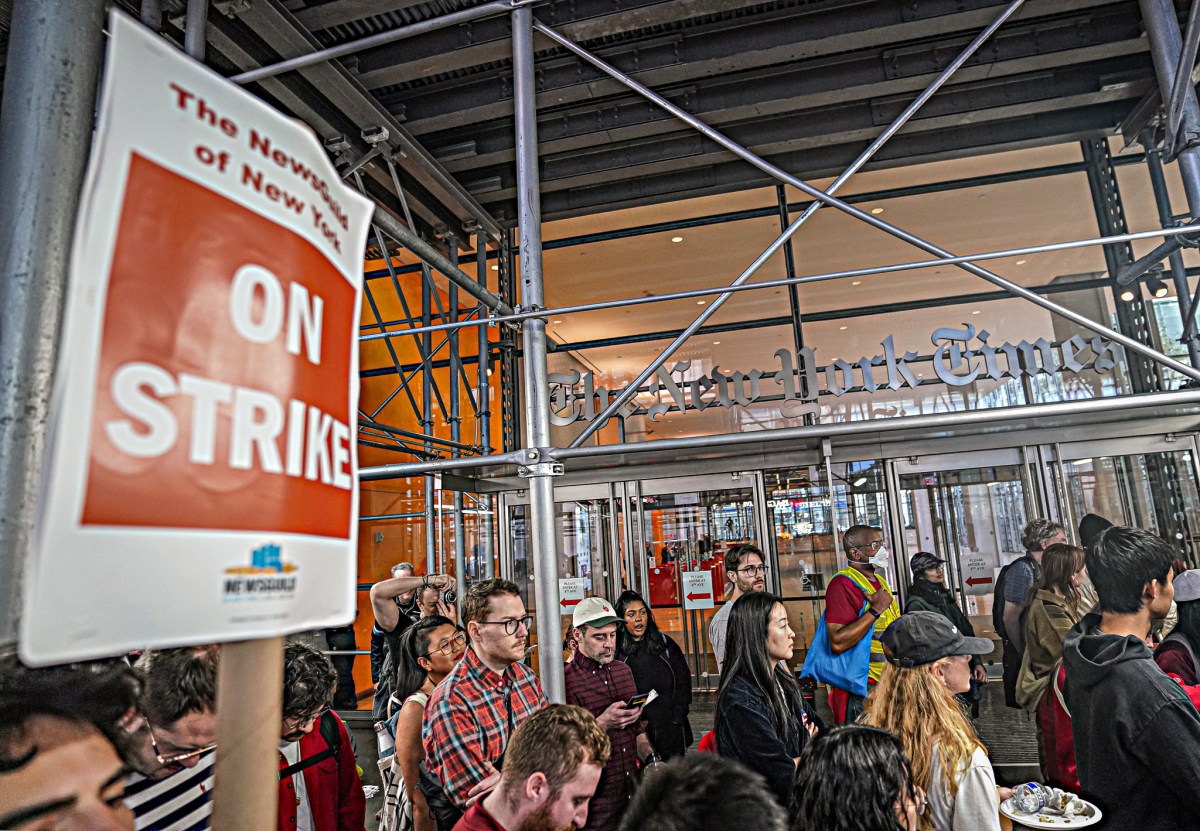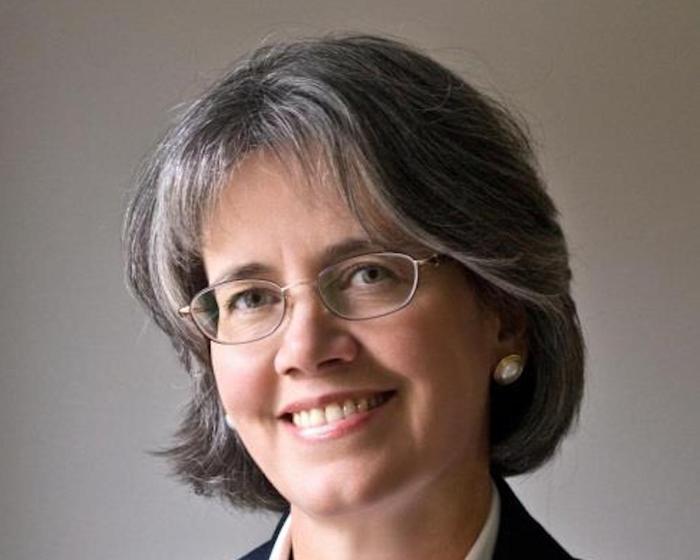PARIS (Reuters) – Turkey has stopped insulting France and the European Union, providing some reassurance, but ties will remain fragile until it takes concrete action, France’s foreign minister said.
Ankara has repeatedly traded barbs with Paris over its policies on Syria, Libya, the eastern Mediterranean and other issues, but the NATO members said in February they were working on a road map to normalise relations.
Turkish President Tayyip Erdogan spoke with his French counterpart Emmanuel Macron on Tuesday as part of those efforts, their first call since September.
“There aren’t any more insults and the language is more reassuring,” Jean-Yves Le Drian told a parliamentary hearing late on Tuesday.
A French diplomatic source said the two leaders had, however, had a “frank” exchange of views.
Erdogan has publicly criticised Macron over a bill meant to fight what he calls Islamist “separatism” and repeated that during the call, the source said, adding that Macron responded by explaining his vision of the bill and saying that he was not attacking Islam.
The source said there were also positive steps, including on counter-terrorism cooperation and a possible end to a work permit freeze for French teachers in Turkey’s French-speaking university of Galatasaray.
The Turkish foreign ministry was not immediately available for comment.
In a statement on Tuesday following the call, the Turkish presidency said Erdogan told Macron that cooperation between the two countries has “very serious potential.”
Le Drian said earlier that the removal of Turkish research vessels from contested waters in the eastern Mediterranean and Ankara showing a desire to resume talks with Greece over a long-standing maritime dispute were positive signs.
“It’s fragile, because the list of disagreements is very long, but we want a healthy relationship with Turkey,” he said pointing to differences over Libya, Iraq and Nagorno-Karabakh.
“Actions are needed and we will be able to position ourselves when those actions are carried out. For now it’s just verbal action,” he said.
(Reporting by John Irish and Michel Rose; Editing by Giles Elgood, Kirsten Donovan)

